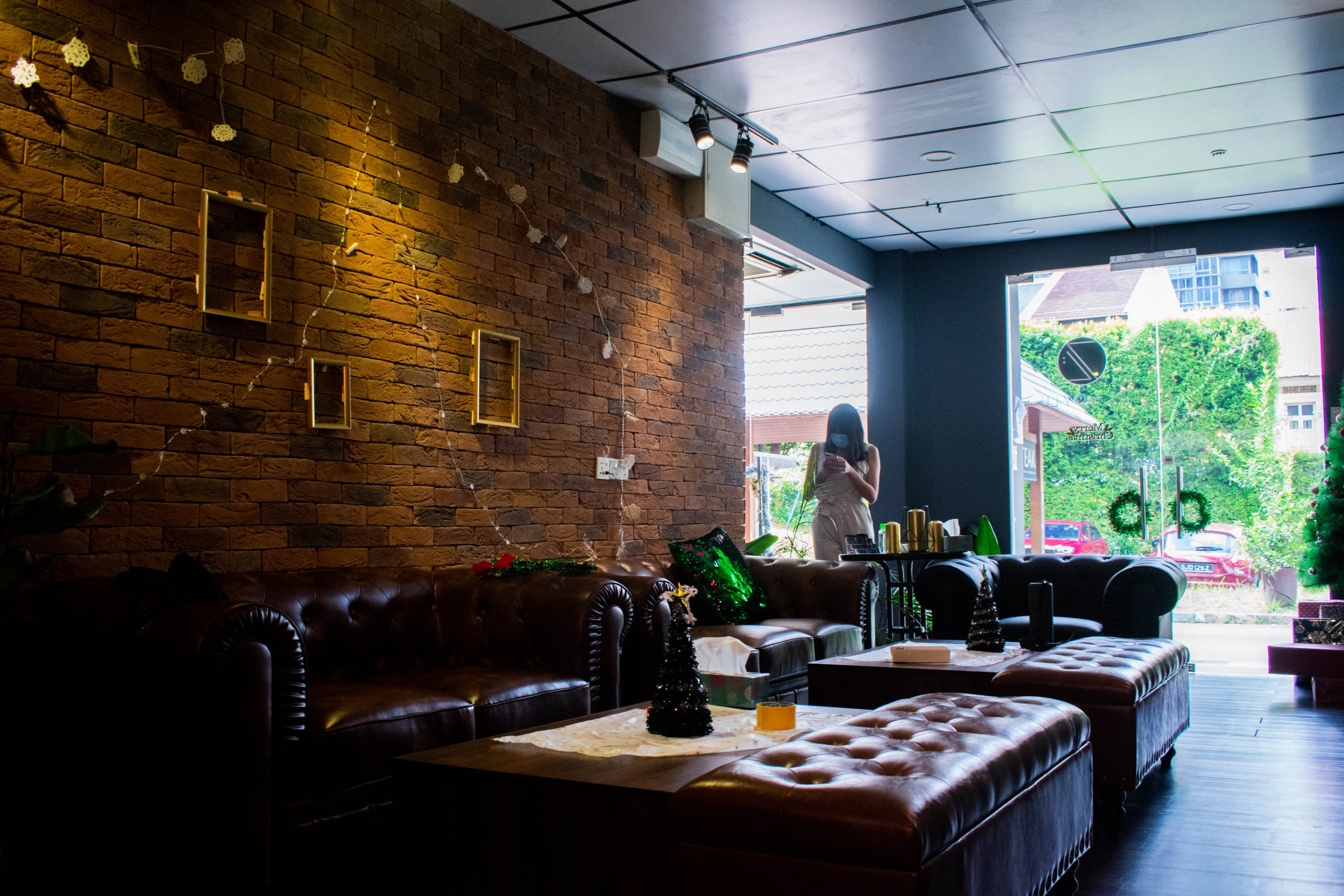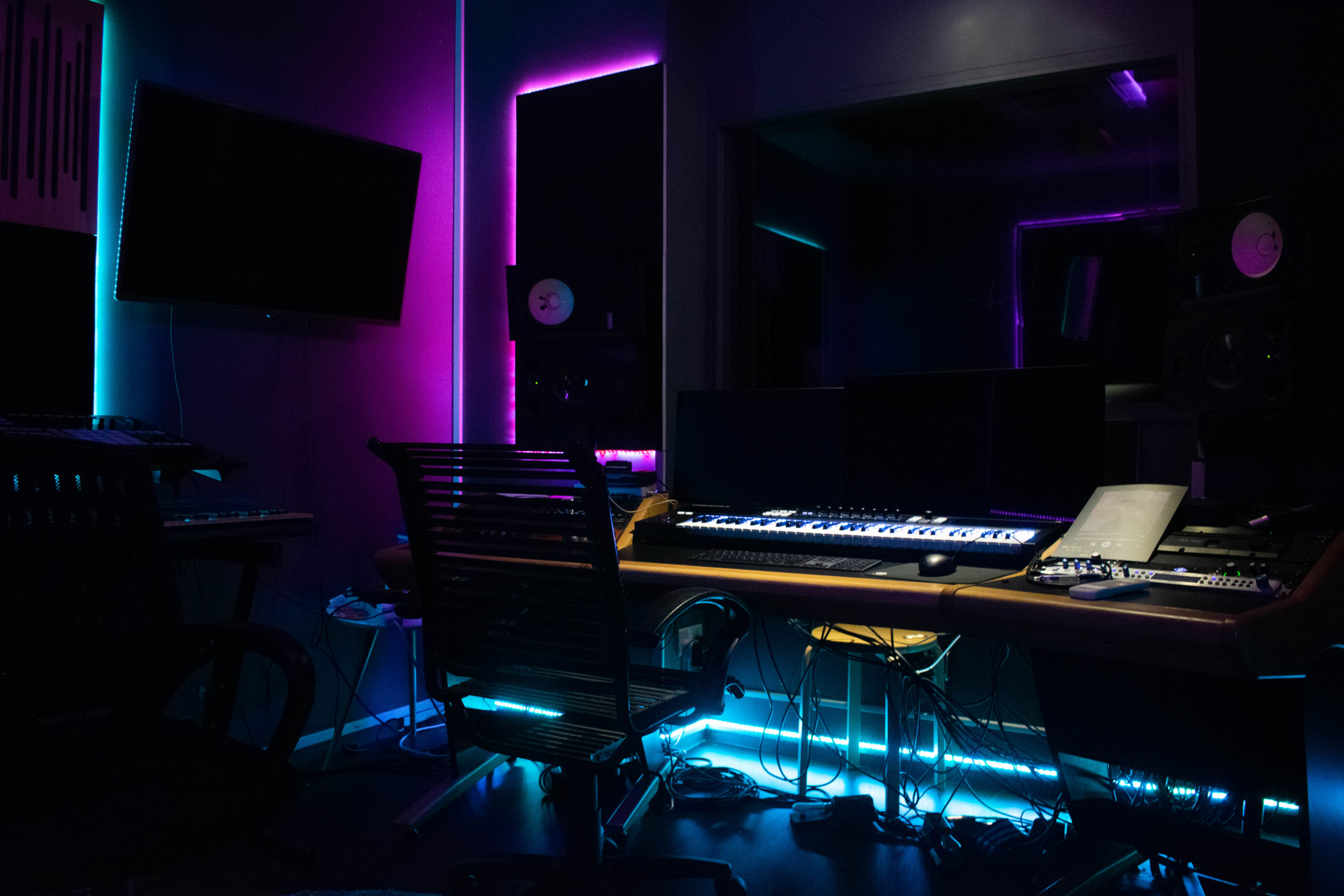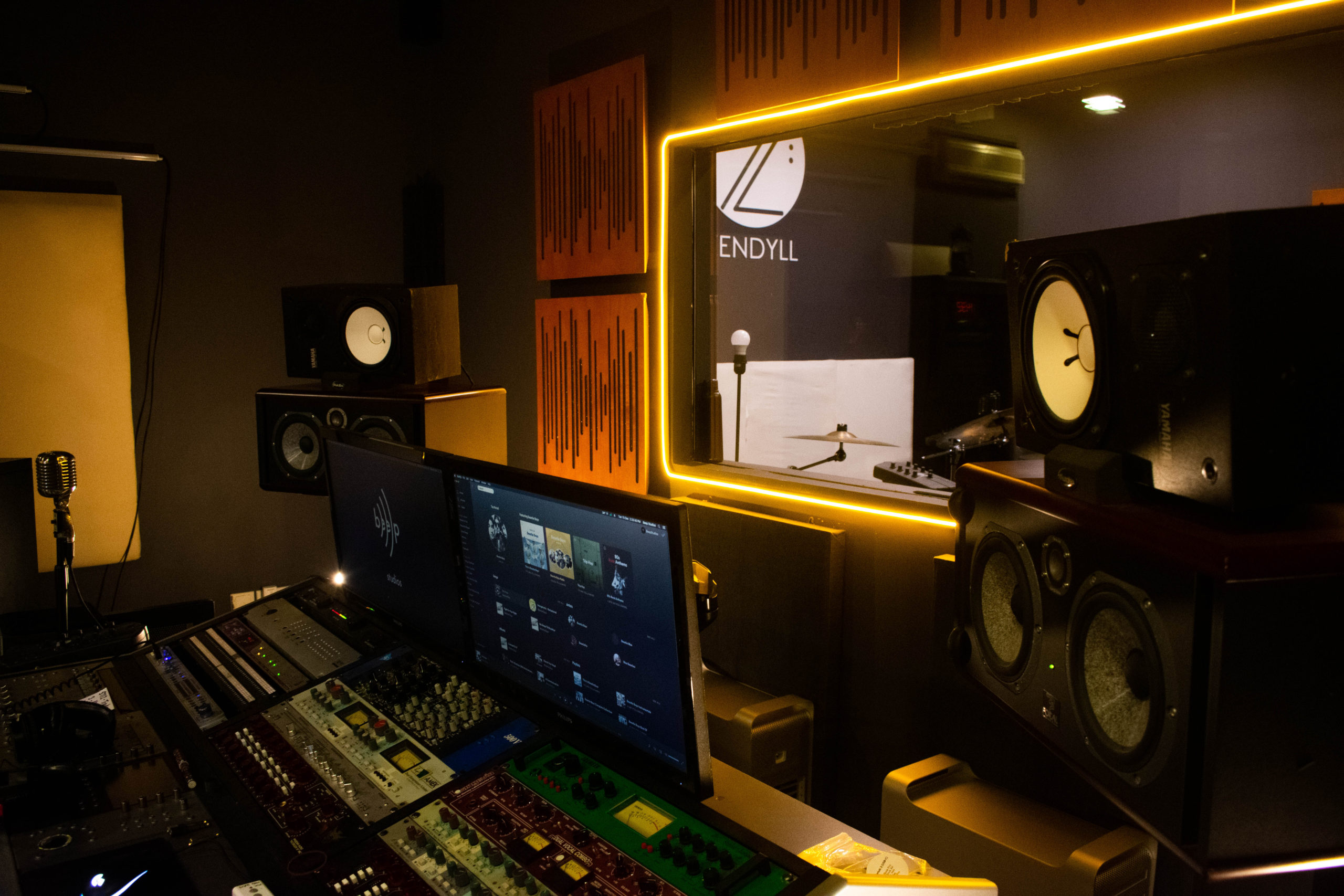Jon Chua JX is a member and co-founder of The Sam Willows, arguably the most successful English music act in Singapore. He has been nominated thrice for the MTV EMA for ‘Best Southeast Asian Act’ and won several music awards in Singapore and around the region.
Chua opened Zendyll Studios in 2016. His knowledge of music and businesses drove him to combine his love for sound, design, and entrepreneurship. In 2018, Chua launched Zendyll Records. The company aims for artists, producers, and songwriters to build a new culture for effective collaboration. The label focuses on Artist & Repertoire (A&R) development, music publishing, music production, songwriting, as well as branding, and marketing.
This interview has been edited for brevity and clarity.
KrAsia (Kr): How would you describe the music scene developing in Asia over the last few years?
Jonathan Chua (JC): The biggest players in the music scene have traditionally been Europe and the US, along with sub-markets like Hong Kong, Taiwan, and China.
Meanwhile, most Southeast Asian countries, being former Western colonies, tend to take influence from the West rather than developing a unique style. Perhaps the exception would be Thailand, which was never colonized and remains a very homogeneous society today. In Thailand, whether you’re white or black, you have to speak fluent Thai to do well. And they have a very strong culture of looking inward. Just from the billboards, a good 70-80% of them would be Thai artists. They celebrate their own artists and they’ve built a very established industry in that sense.
Over the years, we have definitely seen growth in the music industry by leaps and bounds. Now Korea has become a powerhouse with BTS leading the hype over K-pop, and everyone is into the Korean culture. China is striving to catch up as well through new music platforms such as Tencent music and TikTok.

Kr: Focusing on home, where does Singapore fit into the picture?
JC: If we were to trace back Singapore’s music history, the starting point would probably be in the 60s. This was during the hippie movement in the US, when the Beatles were a big thing. This reached Singapore and our own music scene was born. In fact, the Beatles aside, we’d had some three or four local artists that would actually make the top 10 charts, and the entire community was greatly inspired by music.
Then in the 70s, President Richard Nixon declared the war on drugs in the US. The aim was to shut down the hippie movement. At the same time, Singapore banned males from having long hair, which was associated with rock-and-roll and drugs. Interestingly, if you had long hair, restaurant waiters could choose not to serve you, or you could be sent to the back of the queue when waiting outside a bank. There was a lot of propaganda about music being a bad influence.
The music scene only regained its momentum in the 2000s, so the industry is not very old here. Even now, we don’t have many record companies or music companies promoting homegrown artists, nor do we have a distinct musical style. I’d say our cultural currency is weak and it’s true that Singaporeans, as well as the government, could provide more support for the music industry.

Kr: What kind of role does Singapore currently play in the music industry?
JC: If anything, I see Singapore’s role as the ‘backbone’ of the Southeast Asian music industry. What we have is capital and a good structure that facilitates the hosting of music events. For instance, when singers like Bruno Mars and Lady Gaga need a performance location, they would naturally pick Singapore because we provide a clean and safe venue without overly stringent regulations. At the same time we promote the idea of luxury so overseas artists want to come here because they think that this is the place where they can live a good life because of this idea of utopia. That’s where Singapore stands and in my opinion this is a problem because it’s more of a facade than it actually being true. Working in the music business for the last 10 years you start to suddenly realize that we need to build the infrastructure for the industry. The people who actually could make the difference whether they’re government bodies or private companies are not educated or aware of what needs to happen in order for it to be successful in its own right.
Kr: How can Singapore continue playing a ‘backbone’ role?
JC: For every Beyonce and every Kanye West, there are 50 other people standing behind to create that support. These could be managers, agents, producers, songwriters and more. They all play a pivotal role in supporting the main show. I think in Singapore, there are people with such talents. They could make very good music executives but they choose not to, due to the lack of opportunities or poor career prospects.
My goal right now is to actually build this infrastructure. I hope people could realize that we have different kinds of talents in Singapore. Apart from becoming an artist, one could play another equally important role in creating something out of nothing, within the music scene.

Kr: In what ways can Singaporeans support the local music scene?
JC: Buy music, buy merchandise, buy tickets to shows, even show some love on social media! On Instagram, a like or a share is free. You may say, no one’s going to listen to me, but the truth is, word of mouth has always been the best form of promotion.
In Malaysia or the Philippines, a 15-year-old singer who has talent could easily draw 1000 people, a crowd full of family, friends, and friends of friends. The individual may not have made it big, but drawing a 1000-strong crowd just by word of mouth is beautiful on its own. For some reason, I feel like we lack this camaraderie in Singapore and we could work towards it.
I’ve heard of Singaporeans creating ‘burner accounts’ to leave hate comments on local artists who are trying their best to put out their music. So, this kind of behavior has to stop as well.
We need a more supportive culture, instead of thinking that it’s always easier to tear someone down than to put someone up.
